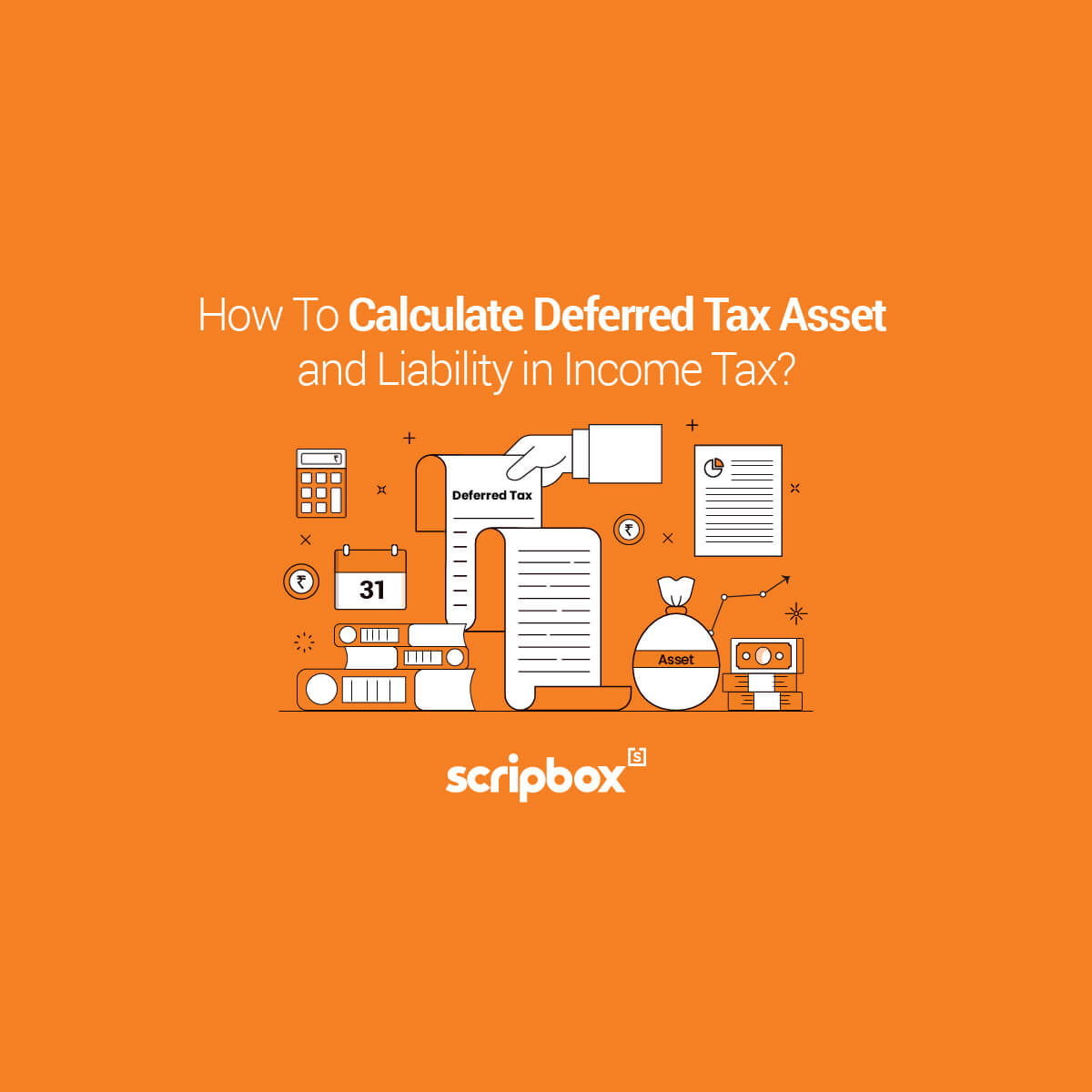What is Residential Status?
The residential status of a taxpayer is important because the income tax department provides for a different tax treatment for its taxpayers. Hence, it is imperative for every taxpayer to determine their residential status before doing their tax planning, computing tax payable, and tax filing.
Importance of the Residential Status
The residential status of an individual taxpayer is different from the citizenship status in the country. The Income Tax Act, 1961 provides detailed prescribed rules for determining the status. A citizen of India may not be a resident of India and a foreign citizen may be a resident of India for the purpose of taxation. The resident determination terms are separate for each taxpayer such as individual, HUF, company, BOU, AOP, firm.
Depending on the residential status the following is determined
- Income tax payable
- Tax exemptions
- Tax deduction
- Income tax return
Types of Residential Status For Taxation in India
The Income Tax Act, 1961 provides the following types of residential statutes depending on the stay of the individual taxpayer in the country, incorporation, and annual income.
- Resident
- Resident Not Ordinarily Resident (RNOR)
- Non-Resident (NR)
Resident
An individual taxpayer will be a resident if he/ she fulfills the following conditions:
- He/ she stays in India for 182 days or more during the financial year, or
- He/ she stays in India for 365 days or more during the 4 preceding financial years. In addition, stays for a period of 60 days or more in the relevant financial year
| Type of Individual | Individual who leaves India for employment | Individual who lives abroad but visits India |
| Situation | A citizen of India, who leaves India in any financial year as a member of the crew of an Indian ship or for the purposes of employment outside India | Being a citizen of India, or a person of Indian origin being outside India, comes on a visit to India in any financial year |
| Condition To Be Resident | He/ she stays in India for 182 days or more during the financial year He/ she stays in India for 365 days or more during the 4 preceding financial years. In addition, stays for a period of 182 days or more in the relevant financial year | He/ she stays in India for 182 days or more during the financial year He/ she stays in India for 365 days or more during the 4 preceding financial years. In addition, stays for a period of 182 days or more in the relevant financial year |
| Other Condition | If the individual earns a total income exceeding Rs 15 lakhs during the relevant financial year. Such income excludes any income from foreign sources. The following condition to be satisfied to be a resident:He/ she stays in India for 182 days or more during the financial year He/ she stays in India for 365 days or more during the 4 preceding financial years. In addition, stays for a period of 182 days or more in the relevant financial year |
Deemed Resident of India
An individual, being a citizen of India, shall be deemed to be a resident of India if he is not liable to tax in any other country or territory. The deemed residential status is applicable if the individual earns total income, other than the income from foreign sources, exceeding fifteen lakh rupees during the relevant financial year. Such non taxability in any other country or territory would be by reason of his domicile or residence or any other criteria of similar nature.
Residential Status of Taxpayers Other Than Individuals
The following taxpayers must fulfill the following criteria to be eligible for a residence of India for the purpose of taxation.
| Type of Taxpayer | Condition To Be Fulfilled |
| Hindu undivided family | Resident in India in any financial year in every case except where during that year the control and management of its affairs is situated wholly outside India. |
| Firm or other association of persons | Resident in India in any financial year in every case except where during that year the control and management of its affairs are wholly outside India. |
| Company | It is an Indian company; or place of effective management, in that year, is in India The place of effective management means a place where key management and commercial decisions that are necessary for the conduct of the business of an entity as a whole are, in substance, made. |
Resident Not Ordinarily Resident (RNOR)
If an individual qualifies to be a resident of India, then he/ she must proceed and find out whether he/ she is a ROR or RNOR.
A taxpayer is a “not ordinarily resident” in India in any previous year if such a taxpayer is:
| Taxpayer | Condition To Be Fulfilled |
| Individual | Such individual has been a non-resident in India in 9 out of the 10 previous years preceding the relevant financial year OR Such individual has during the seven previous years preceding the relevant financial year been in India for 729 days or less |
| Hindu undivided familyKarta or manager | Such individual has been a non-resident in India in 9 out of the 10 previous years preceding the relevant financial year OR Such individual has during the seven previous years preceding the relevant financial year been in India for 729 days or less |
| Citizen of India, or a person of Indian origin | Such individual has a total income, other than the income from foreign sources, exceeding Rs 15 lakh rupees during the relevant financial year Such individual has been in India for 129 days or more but less than one hundred and eighty-two days |
| Citizen of India | Such an individual who is deemed to be resident in India |
Important Definitions
- The income from foreign sources is the income that accrues or arises outside India. However, such income excludes income from a business controlled in or a profession set up in India, which is not deemed to accrue or arise in India.
- The relevant financial year is the year for which the residential status is being determined.
Non Resident (NR)
Any taxpayer who is neither a resident nor a resident not ordinarily resident is as a non resident.
Residential Status of a Company
Indian companies that maintain their presence within the borders of India only.
A foreign company can be an Indian resident only if it is efficiently managed within India throughout the preceding year.
If a foreign company’s place of effective management was not located in India during the previous year, it is classified as a non-resident.
In case of the slightest possibility of a foreign company is managed effectively from a location outside India, it will be classified as a non-resident.
Conclusion
The residential status depends on the period of stay. The following table will help in understanding the relevance of the number of days of stay.
| Period of stay | Total Income (Excluding Foreign Income) | Residential Status |
| 182 days or more | Less than Rs 15 lakhs | Resident |
| 182 days or more | More than Rs 15 lakhs | Resident |
| 120 days or more but less than 182 days | More than Rs 15 lakhs | Resident Not Ordinarily Resident RNOR |
| 120 days or more but less than 182 days | Less than Rs 15 lakhs | Non Resident |
| Less than 120 days | More than Rs 15 lakhs | Non Resident |
| Less than 120 days | Less than Rs 15 lakhs | Non Resident |
Frequently Asked Questions
If you are living in India in the relevant financial year for 182 days or more then you are a resident of India. Moreover if you have stayed in India for 365 days or more during the 4 preceding financial years. In addition, stays for a period of 60 days or more in the relevant financial year then as well you are a resident.
A non-resident Indian is an individual who is neither a resident nor a resident not ordinarily resident.
The types of residential statuses are resident, non-resident NR, resident not ordinarily resident RNOR, and resident ordinarily resident ROR.
Yes, residential status is relevant for determining the tax liability of the taxpayer. The taxability of any income in the hands of a taxpayer depends on the residential status of the taxpayer as per the Income-tax Law. Also, on the nature of income earned by him.
No, simply by having citizenship of India, a taxpayer cannot be a resident. For the purpose of taxation, he/ she must determine the residential status as per Section 6 of the Income tax Act, 1961. Moreover, the taxability differs for each type of residential status. Hence, it is important to know the residential status before filing the income tax return.
Explore: Income Tax Refund Status
Related Articles
- What is Residential Status?
- Importance of the Residential Status
- Types of Residential Status For Taxation in India
- Resident
- Resident Not Ordinarily Resident (RNOR)
- Non Resident (NR)
- Residential Status of a Company
- Conclusion
- Frequently Asked Questions
- Confused if your portfolio is performing right enough to meet your goals?
- How long have you been investing in mutual funds?
- What is your current portfolio size?
- What is your approximate annual household income?
- Your profile does not qualify for a call with a Financial Expert.






















Show comments